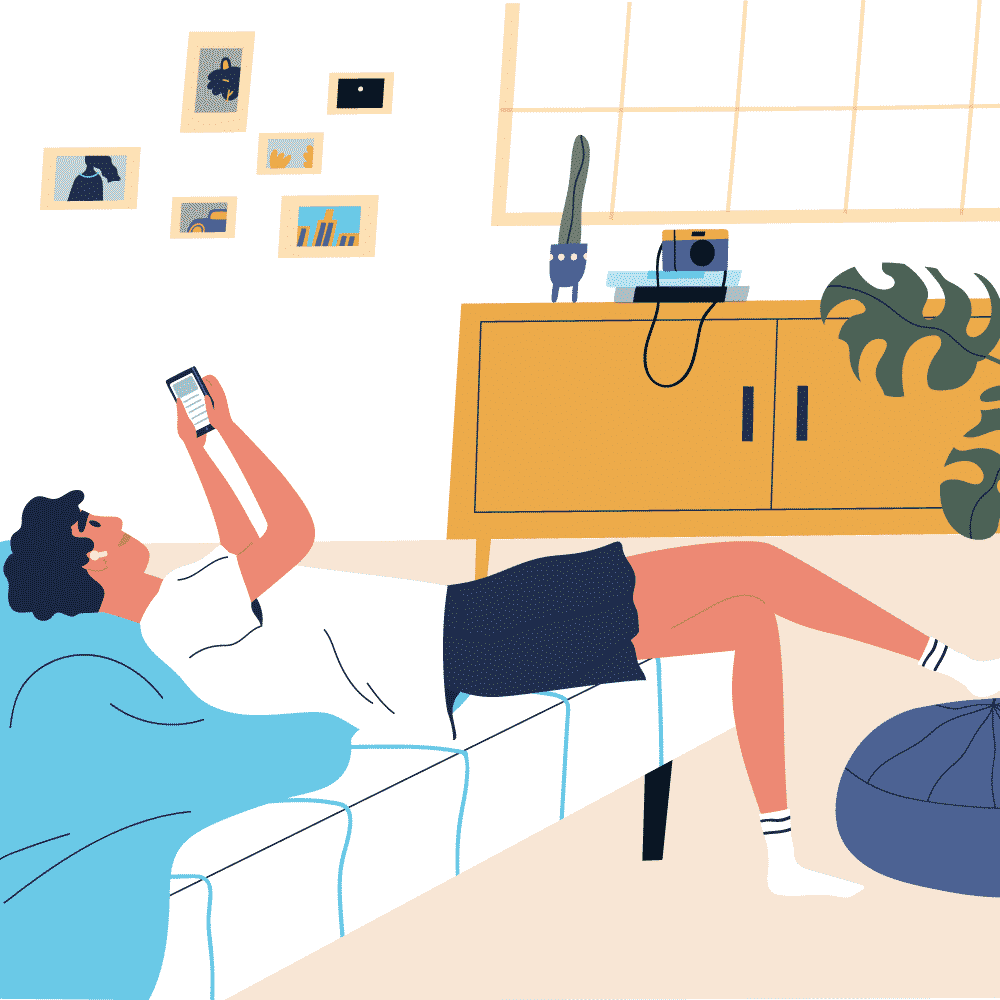




And what do you think of all this?
Is sleep useful or a waste of time?
Going to bed is a nightmare?
What do you do at night? Talk in your sleep? Snore? Text?
We dare you to lift the sheet on the night and dare to talk about sleep!

Our approach
Welcome to To Not Doze Off #TNDO!
A project dedicated to young people on sleep and dreams, designed with you in mind – youth, parents, teachers… and piloted by sleep scientists.
Here you’ll find reliable information and practical tips specially designed to help teens get a good night’s sleep.
In 2024, we added new resources on Sleep 101 and Sleep and Screens in addition to Quizzzz and the turnkey challenge – To Not Doze Off- which gives young people a voice.
Take up the TNDO challenge!
Create and exchange ideas about sleep and dreams with friends, family or classmates. Dare to share your “slice of the night” and your best tips for not sleeping at night. It’s fun, child’s play, proven to be effective… and you’ve got carte blanche!
Want to follow the adventure?
Subscribe to our newsletter and follow us on social media to discover our upcoming releases: videos for professionals, content on sleep, dream, and cannabis research, and much more.
What cards do we hold in our hands to influence our sleep?
Visit
Sleep 101 and
Sleep and screens


Who we are
Instigator and project managers :
Mathieu Pilon, Ph.D. Université de Sherbrooke
and Catherine Lord, Ph.D. Immerscience.
Co-construction partners and key people (in alphabetical order) :
- Julie Andrews, CEGEP teacher and Immerscience associate
- Elsa Brais-Dussault, Psy.D. psychologist, teacher-researcher
- Arianne Déziel, specialized pediatric nurse practitioner (IPSSP), sleep specialist.
- Charles Huteau aka "Cookie Kalkair", cartoonist and video game artist
- Audrey-Ann Journault, student, Ph.D. candidate
- Julie Lane, Ph.D. and the HORS-PISTE program team
- Julie Latour, T.S., M.A., School Health Pivot Officer
- Juliette François Sévigny, student, Ph.D. candidate

























